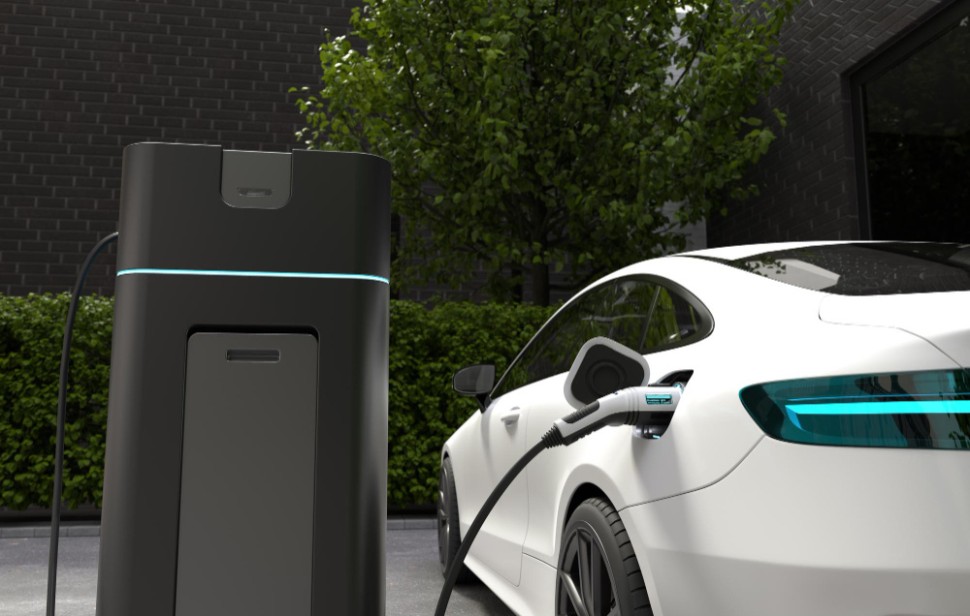The automotive industry, particularly the electric vehicles (EV), is a challenging playing field. Over the years, it has seen the rise and fall of numerous promising startups. Each launched with intense ambition to revolutionize how we motorize. Though a select few have succeeded in this mission, many have fallen. One standout success is Tesla (TSLA), a pioneering EV manufacturer. Despite the recent controversy surrounding its founder, Elon Musk, Tesla has succeeded where many others have floundered, owing to a disruptive approach and an innovative redefinition of automotive design and powertrain.

The Fall of Arrival - A Promising EV Maker
The latest addition to the list of failed newcomers is Arrival, an ambitious electric vehicle maker which, despite having a once-esteemed valuation of $13 billion, never managed to make its products hit the road. With a decade-long history, the company had grand plans beyond regular passenger cars. It aimed to manufacture a large van, a bus, and a ride-hailing-focused car. The company's quest to disrupt transportation saw it design products like the XL Van - an affordable, eco-friendly alternative to Mercedes Benz Sprinter.
With a vision highlighting innovation in vehicle design, production, and sustainability, Arrival had set its sights on tackling the climate crisis through radical disruption in the EV space, according to details shared on its website. Despite these ambitions, the company sank before selling a single vehicle. This turn of events led to the decision to enter administration, the British equivalent of an American bankruptcy proceeding.
Impact of Bankruptcy Filing
The bankruptcy filing brings various implications for Arrival, primarily for its assets and workforce in the UK. The harsh reality of this move cannot be understated since Arrival was more than just an EV-making company in the UK - it was a visionary enterprise that ventured to change how we approach mobility.
The firm went beyond the usual business practices in the auto industry by partnering with significant entities. Hyundai and United Parcel Service (UPS) were the company's early backers and placed orders for its delivery van. However, these partnerships have not been enough to prevent the company from announcing bankruptcy.
ALSO READ: Hochul's New Consumer Protection Law Ends Surprise Credit Card Fees, Ensuring Price Transparency
Liquidation and What Lies Beyond
With Simon Edel, Alan Hudson, and Sam Woodward from EY-Parthenon's Turnaround and Restructuring Strategy team now helming the management, guidance towards salvaging what remains of Arrival looms closer. As the company's 170 UK workers face job losses, the imminent sale of the company's intellectual property, electric vehicle platform, software, and R&D assets has become an inevitable step.
Arrival is only one among several EV entities that have gone bankrupt despite having an endowment of significant funding. Since 2021, Arrival has been having financial troubles, leading them to borrow an additional $50 million in 2023. Unfortunately, they exhausted these funds before they could clock any vehicle sales.
This pattern of financial failure is far from unique to Arrival. It reaffirms the complexities inherent to the EV industry and mirrors the downturn other EV companies like Britishvolt, Proterra, Volta Trucks, and Lordstown Motors face. Thus, while the sector holds promise for future advancements, Arrival's misfortune is a cautionary tale of the challenging reality many such companies face, even as the industry continues to signpost the future of transportation.




